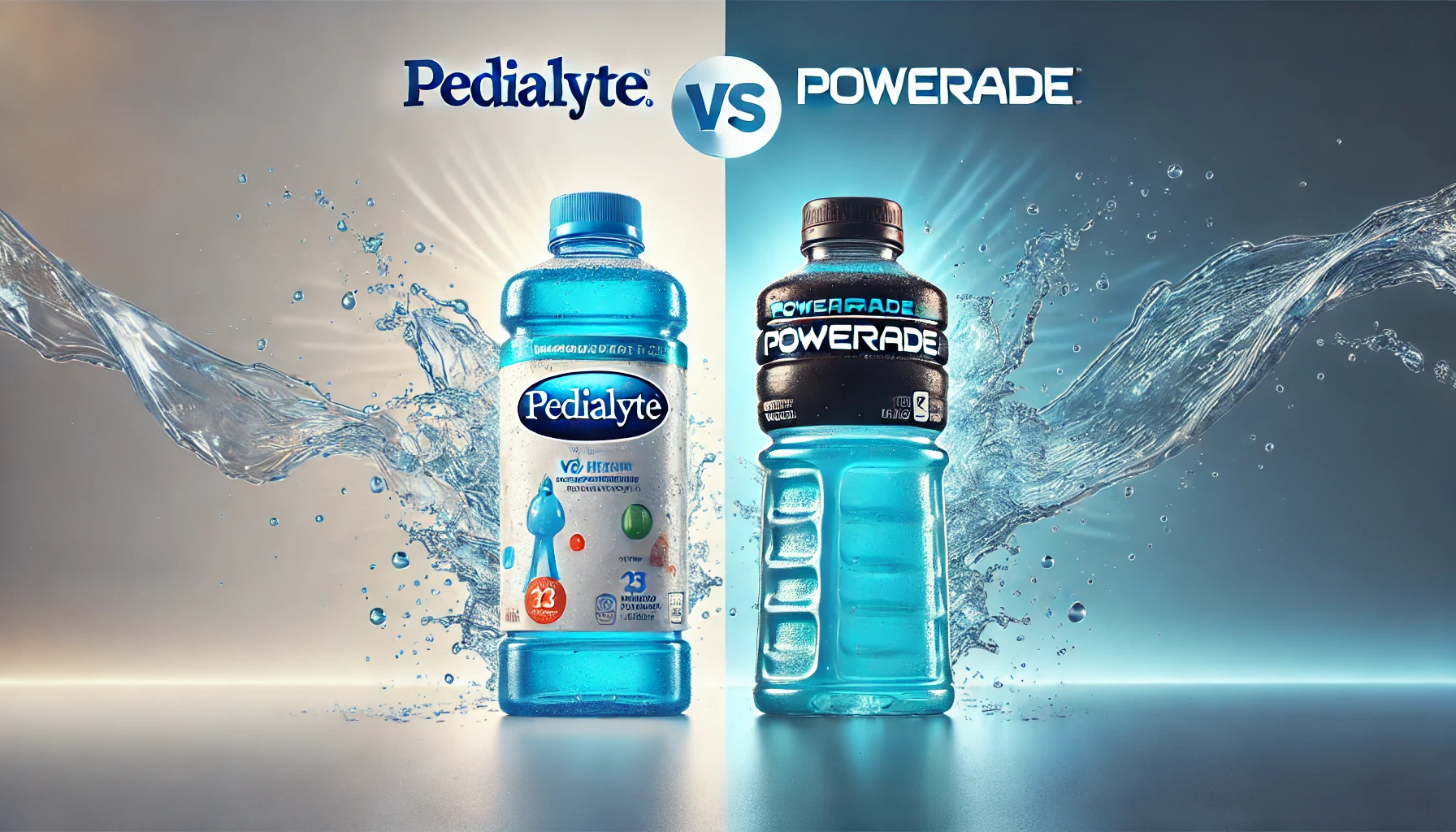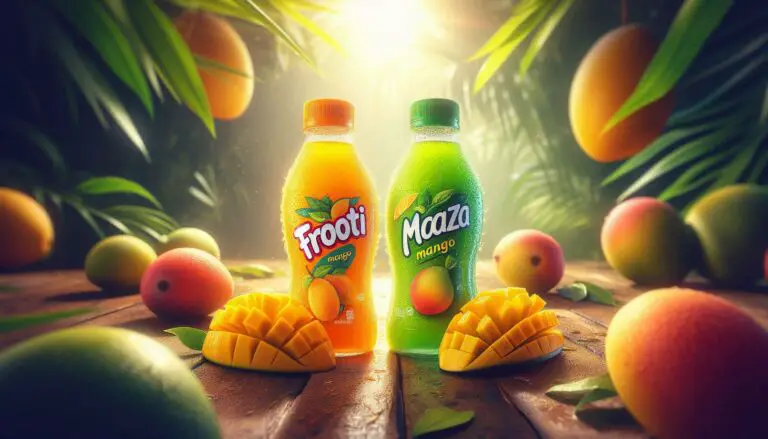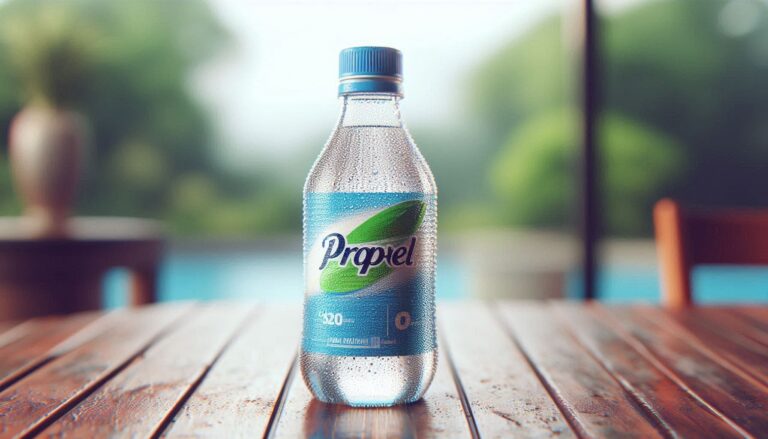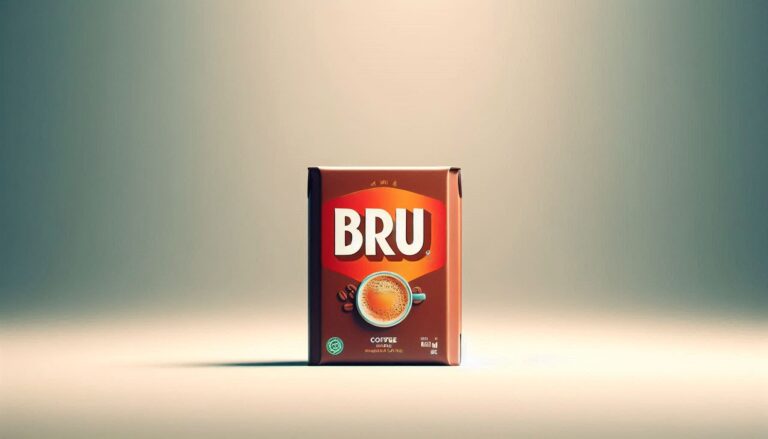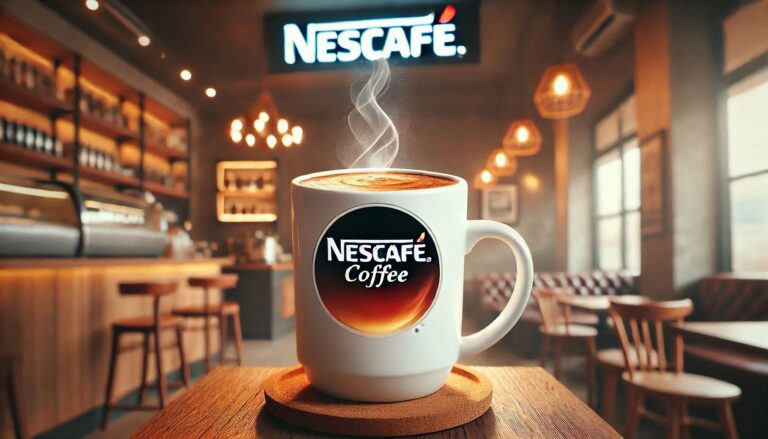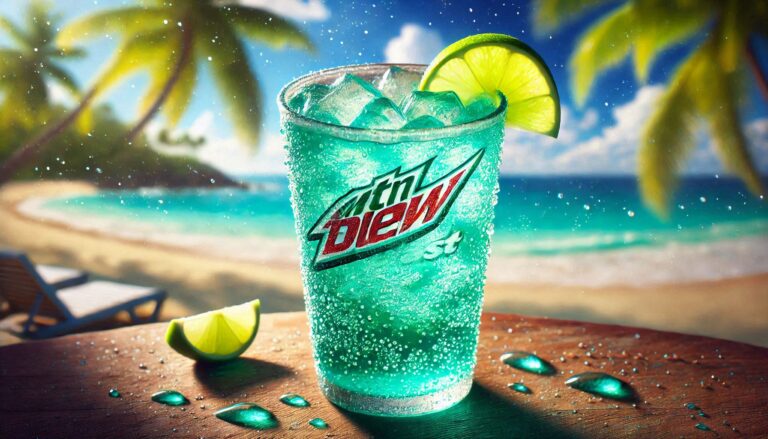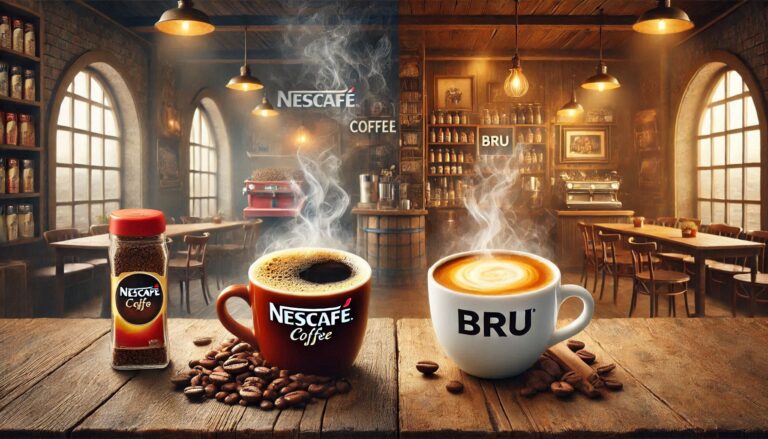Pedialyte vs Powerade: The Ultimate Hydration Showdown
Hydration is essential for overall health, athletic performance, and recovery from illness. When choosing between Pedialyte vs Powerade, the decision depends on your specific hydration needs. Both drinks replenish electrolytes and fluids, but they cater to different audiences and situations.
Is one better than the other? How do they differ in composition, effectiveness, and purpose? Let’s explore the key differences, and best use cases for Pedialyte and Powerade to help you make an informed choice.
Understanding Hydration and Electrolytes
Before diving into the comparison, it’s important to understand why hydration matters and the role of electrolytes in our body.
Electrolytes are essential minerals like sodium, potassium, calcium, and magnesium that help regulate:
- Fluid balance
- Muscle contractions
- Nerve function
- Blood pressure
When we sweat, get sick, or become dehydrated, our body loses electrolytes and fluids, leading to symptoms like fatigue, dizziness, muscle cramps, and weakness. Hydration drinks like Pedialyte and Powerade aim to restore electrolyte balance and prevent dehydration.
Pedialyte: What Is It and How Does It Work?
Pedialyte is an oral rehydration solution (ORS) designed to treat dehydration from illness, diarrhea, vomiting, and excessive sweating. It was originally formulated for children but is now widely used by athletes, adults, and even hangover recovery seekers.
Powerade: What Is It and How Does It Work?
Powerade is a sports drink designed to replenish electrolytes and provide energy during physical activity. It contains higher sugar content than Pedialyte and is marketed towards athletes and fitness enthusiasts.
Ingredients and Nutritional Comparison (1) (2)
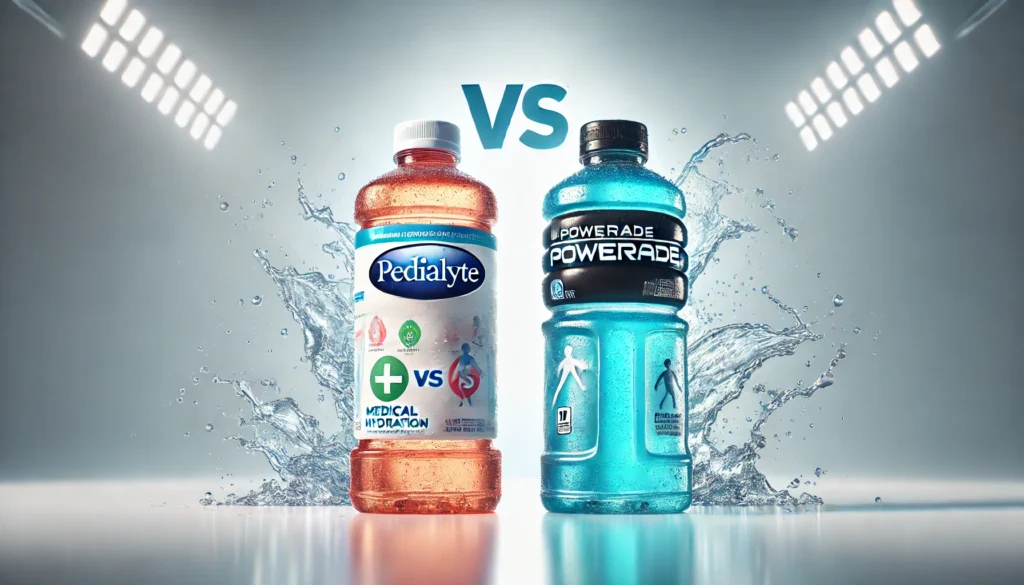
Pedialyte Flavors
1. Pedialyte® Classic Grape
Ingredients:
Water, Dextrose. Less than 0.5% of: Citric Acid, Potassium Citrate, Salt, Natural and Artificial Flavor, Sodium Citrate, Sucralose, Acesulfame Potassium, Zinc Gluconate, Red 40, and Blue 1.
Nutritional Information (per 12 fl oz/360 mL):
| Nutrient | Amount per Serving | % Daily Value* |
|---|---|---|
| Calories | 25 | — |
| Total Fat | 0 g | 0% |
| Sodium | 390 mg | 17% |
| Potassium | 280 mg | 6% |
| Total Carbohydrate | 7 g | 3% |
| Total Sugars | 5 g | — |
| Added Sugars | 5 g | 10% |
| Protein | 0 g | — |
| Zinc | 2.8 mg | 25% |
| Chloride | 440 mg | 20% |
*Percent Daily Values (DV) are based on a 2,000-calorie diet. Not a significant source of saturated fat, trans fat, cholesterol, dietary fiber, vitamin D, calcium, and iron.
2. Pedialyte® Classic Strawberry
Ingredients:
Water, Dextrose. Less than 0.5% of: Citric Acid, Potassium Citrate, Salt, Sodium Citrate, Natural Flavor, Sucralose, Acesulfame Potassium, Zinc Gluconate, Red 40, and Blue 1.
Nutritional Information (per 12 fl oz/360 mL):
| Nutrient | Amount per Serving | % Daily Value* |
|---|---|---|
| Calories | 25 | — |
| Total Fat | 0 g | 0% |
| Sodium | 390 mg | 17% |
| Potassium | 280 mg | 6% |
| Total Carbohydrate | 7 g | 3% |
| Total Sugars | 5 g | — |
| Added Sugars | 5 g | 10% |
| Protein | 0 g | — |
| Zinc | 2.8 mg | 25% |
| Chloride | 440 mg | 20% |
*Percent Daily Values (DV) are based on a 2,000-calorie diet. Not a significant source of saturated fat, trans fat, cholesterol, dietary fiber, vitamin
Powerade Flavors
Powerade Mountain Berry Blast®
Nutrition Facts
2.5 servings per 28 fl oz container
Serving Size: 12 fl oz
- Calories: 80
- Total Fat: 0g (0%)
- Sodium: 240mg (10%)
- Total Carbohydrates: 21g (8%)
- Total Sugars: 21g
- Includes Added Sugars: 21g (41%)
- Protein: 0g (0%)
- Calcium: †
- Potassium: 80mg (2%)
- Vitamin C: 20%
- Vitamin B12: 35%
- Magnesium: †
Ingredients
Water, high fructose corn syrup, less than 0.5% of: citric acid, electrolytes (salt, sodium citrate, magnesium and calcium chlorides, mono-potassium phosphate), vitamins B12 and C (cyanocobalamin and ascorbic acid), natural flavors, modified food starch, calcium disodium EDTA (to protect color), medium chain triglycerides, sucrose acetate isobutyrate, blue 1.
% Daily Value per Serving
Not a significant source of saturated fat, trans fat, cholesterol, fiber, vitamin D, and iron.
† Contains less than 2 percent of the Daily Value of these nutrients.
Powerade Regular (Fruit Punch Flavor)
Nutrition Facts
- 2.5 servings per 28 fl oz container
- Serving Size: 12 fl oz
- Calories: 80
- Total Fat: 0g (0%)
- Sodium: 240mg (10%)
- Total Carbohydrates: 21g (8%)
- Total Sugars: 21g
- Includes Added Sugars: 21g (41%)
- Protein: 0g (0%)
- Calcium: †
- Potassium: 80mg (2%)
- Vitamin C: 20%
- Vitamin B12: 35%
- Magnesium: †
Ingredients
Water, high fructose corn syrup, less than 0.5% of: citric acid, electrolytes (salt, sodium citrate, magnesium and calcium chlorides, mono-potassium phosphate), vitamins B12 and C (cyanocobalamin and ascorbic acid), natural flavors, medium chain triglycerides, modified food starch, glycerol ester of rosin, calcium disodium EDTA (to protect color), Red 40.
% Daily Value per Serving
Not a significant source of saturated fat, trans fat, cholesterol, fiber, vitamin D, or iron.
† Contains less than 2% of the daily value of these nutrients.
Powerade Grape
Nutrition Facts
2.5 servings per 28 fl oz container
Serving Size: 12 fl oz
- Calories: 80
- Total Fat: 0g (0%)
- Sodium: 240mg (10%)
- Total Carbohydrates: 21g (8%)
- Total Sugars: 21g
- Includes Added Sugars: 21g (41%)
- Protein: 0g (0%)
- Potassium: 80mg (2%)
- Vitamin C: 20%
- Vitamin B12: 35%
Ingredients
Water, high fructose corn syrup, less than 0.5% of: citric acid, electrolytes (salt, sodium citrate, magnesium and calcium chlorides, mono-potassium phosphate), natural and artificial flavors, vitamins B12 and C (cyanocobalamin and ascorbic acid), calcium disodium EDTA (to protect color), Red 40, Blue 1.
% Daily Value per Serving
Not a significant source of saturated fat, trans fat, cholesterol, fiber, vitamin D, and iron.
† Contains less than 2% of the Daily Value of these nutrients.
Powerade orange
Nutrition Facts
2.5 servings per 28 fl oz container
Serving Size: 12 fl oz
- Calories: 80
- Total Fat: 0g (0%)
- Sodium: 240mg (10%)
- Total Carbohydrates: 21g (8%)
- Total Sugars: 21g
- Includes Added Sugars: 21g (41%)
- Protein: 0g (0%)
- Calcium: †
- Potassium: 80mg (2%)
- Vitamin C: 20%
- Vitamin B12: 35%
- Magnesium: †
Ingredients
Water, High Fructose Corn Syrup, Less than 0.5% of: Citric Acid, Electrolytes (Salt, Sodium Citrate, Magnesium and Calcium Chlorides, Mono-Potassium Phosphate), Vitamins B12 and C (Cyanocobalamin and Ascorbic Acid), Natural Flavors, Gum Acacia, Glycerol Ester of Rosin, Calcium Disodium EDTA (To Protect Color), Yellow 5 and 6.
% Daily Value per Serving
Not a significant source of saturated fat, trans fat, cholesterol, fiber, vitamin D, and iron.
† Contains less than 2 percent of the Daily Value of these nutrients.
Powerade Lemon Lime
Nutrition Facts
2.5 servings per 28 fl oz container
Serving Size: 12 fl oz
- Calories: 80
- Total Fat: 0g (0%)
- Sodium: 240mg (10%)
- Total Carbohydrates: 21g (8%)
- Total Sugars: 21g
- Includes Added Sugars: 21g (41%)
- Protein: 0g (0%)
- Calcium: †
- Potassium: 80mg (2%)
- Vitamin C: 20%
- Vitamin B12: 35%
- Magnesium: †
Ingredients
water, high fructose corn syrup, less than 0.5% of: citric acid, electrolytes (salt, sodium citrate, magnesium and calcium chlorides, mono-potassium phosphate), vitamins B12 and C (cyanocobalamin and ascorbic acid), natural flavors, gum acacia, glycerol ester of rosin, calcium disodium EDTA (to protect color), Yellow 5.
% Daily Value per Serving
- Not a significant source of saturated fat, trans fat, cholesterol, fiber, vitamin D, and iron.
- † Contains less than 2 percent of the Daily Value of these nutrients.
Pedialyte vs. Powerade: Taste
When comparing Pedialyte vs. Powerade in terms of taste, there are some key differences based on the ingredients, flavor profiles, and intended purpose:
Pedialyte:
- Flavors: Pedialyte offers a more neutral or medically formulated taste. It is designed primarily for rehydration and electrolyte replenishment, often with a slightly salty or artificial sweetness, especially in its classic varieties like Fruit Punch and Grape. Some people find Pedialyte’s flavors a bit more subdued or “clinically” flavored compared to traditional sports drinks.
- Sweeteners: Pedialyte typically uses sucralose and acesulfame potassium, which provide sweetness without added sugars, but may have a slight aftertaste that is less pronounced than sugary drinks.
- Purpose: It is often favored for hydration after illness or during recovery because it offers a gentle, functional flavor without overwhelming sweetness. It’s not designed to be a “tasty refreshment” but rather a replenishment drink.
Powerade:
- Flavors: Powerade is known for its bold, sweet, fruit-forward flavors like Mountain Berry Blast, Fruit Punch, Grape, Orange, and Lemon Lime. The drink has a sweeter taste, making it more enjoyable for casual hydration, especially during or after physical activity.
- Sweeteners: Powerade relies heavily on high fructose corn syrup (HFCS) or sucrose for sweetness, contributing to its much sweeter taste compared to Pedialyte. The sugar content in Powerade is higher, which gives it a more familiar and pleasant flavor for those seeking a traditional sports drink experience.
- Purpose: Powerade is designed to hydrate during and after exercise, offering more flavor variety and a sweeter taste to appeal to those who prefer a more indulgent and palatable experience while replenishing fluids.
Taste Summary:
- Pedialyte: More subdued, less sweet, with a functional taste that leans toward electrolyte replenishment. It may taste a bit salty or have a slight artificial sweetness.
- Powerade: Sweet, fruit-flavored, and more refreshing with a stronger flavor profile. It’s intended to be more enjoyable and thirst-quenching for active individuals.
Pedialyte vs. Powerade: Pros and Cons
Pedialyte
Pros:
- Effective Hydration: Designed for rapid electrolyte replenishment, especially during illness, dehydration, or recovery.
- Low in Sugar: Pedialyte contains little to no added sugars, which makes it suitable for those looking to avoid excessive sugar intake while still getting electrolytes.
- Contains Zinc: Many Pedialyte varieties, like Fruit Punch, contain zinc, which helps boost immune function.
- Higher Electrolyte Content: Pedialyte has a higher concentration of key electrolytes (sodium, potassium, chloride, and zinc), making it ideal for restoring electrolyte balance in the body.
- Suitable for All Ages: Pedialyte is designed for both children and adults, making it versatile for families.
Cons:
- Taste: The flavor may not be as appealing to everyone, as it is intended to be functional rather than indulgent. Some find the taste slightly medicinal or salty.
- Less Variety: Compared to Powerade, Pedialyte offers fewer flavor choices, which may limit appeal for those seeking more variety.
- Not a Sports Drink: While great for hydration and electrolyte replenishment, Pedialyte isn’t marketed as a sports drink, so it may not be the best option for someone looking for energy-boosting ingredients like caffeine or more carbs.
Powerade
Pros:
- Great Taste: Powerade offers a variety of bold, fruit-forward flavors, making it more enjoyable for people who prefer a sweeter, refreshing drink while hydrating.
- Widely Available: Powerade is a well-known sports drink and can be easily found at most grocery stores, gyms, and convenience stores.
- Enhanced with Vitamins: Powerade is fortified with vitamins like Vitamin C and Vitamin B12, which can help support overall health and energy levels during physical activity.
- Provides Energy: The sugars in Powerade can provide a quick energy boost, which is useful for intense exercise and physical performance.
Cons:
- High Sugar Content: Powerade contains a significant amount of added sugars, which can be a downside for those looking to reduce sugar intake or manage their weight.
- Less Electrolyte Density: While Powerade does contain electrolytes like sodium and potassium, its electrolyte concentration is lower than that of Pedialyte, making it less effective for medical hydration or extreme dehydration.
- Artificial Sweeteners and Colors: Powerade uses artificial colors (like Red 40 and Blue 1) and sweeteners, which may not appeal to those preferring natural or clean-label products.
- Not Suitable for Illness Recovery: Powerade is designed more for sports and casual hydration, not for medical hydration needs like Pedialyte.
Conclusion: Pedialyte vs. Powerade
In summary, for general hydration during physical activity, Powerade is a solid choice, while Pedialyte stands out for medical or recovery hydration. Choose based on whether you’re looking for a more taste-focused option or a drink designed for electrolyte restoration.
